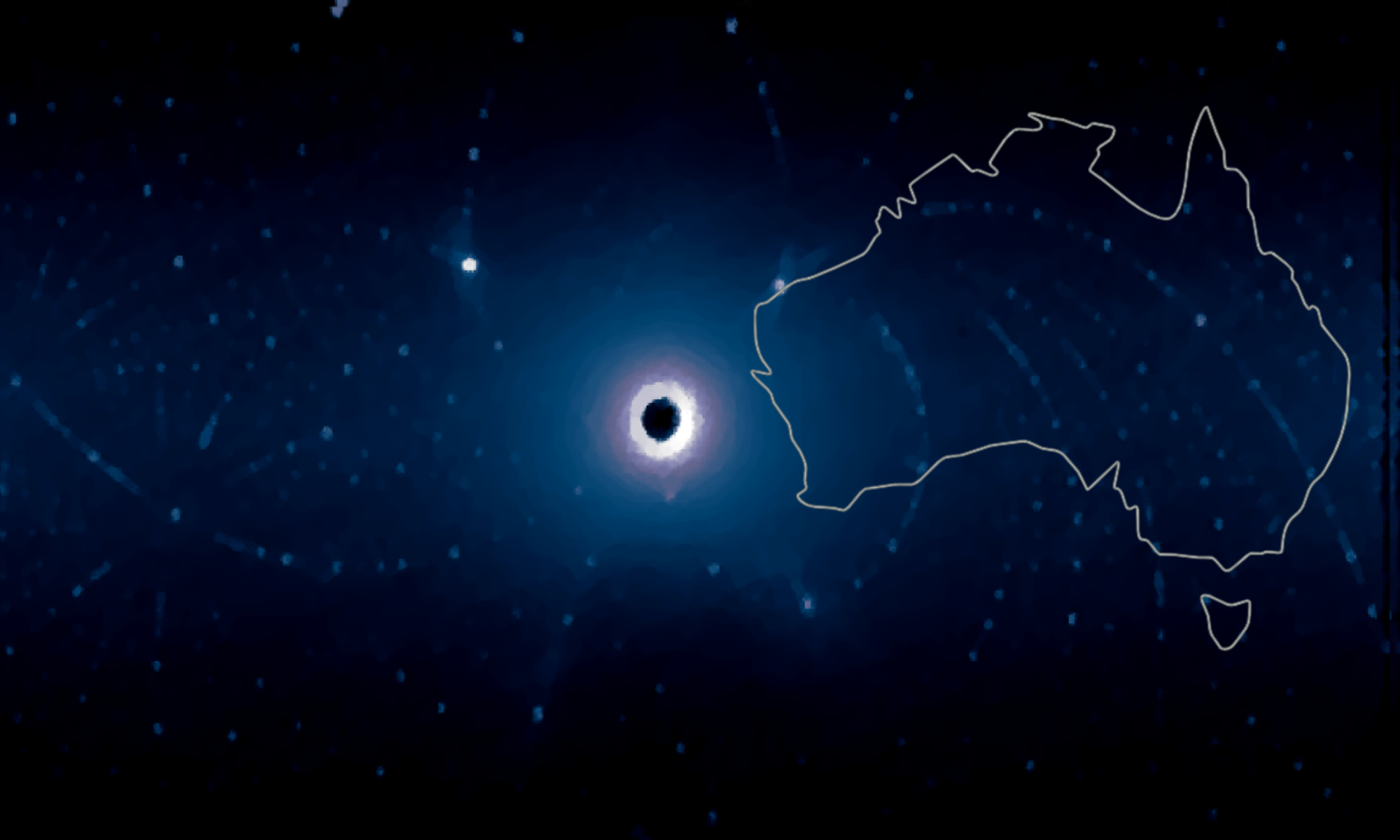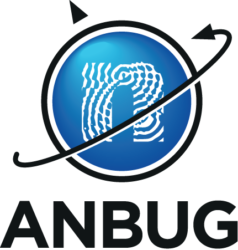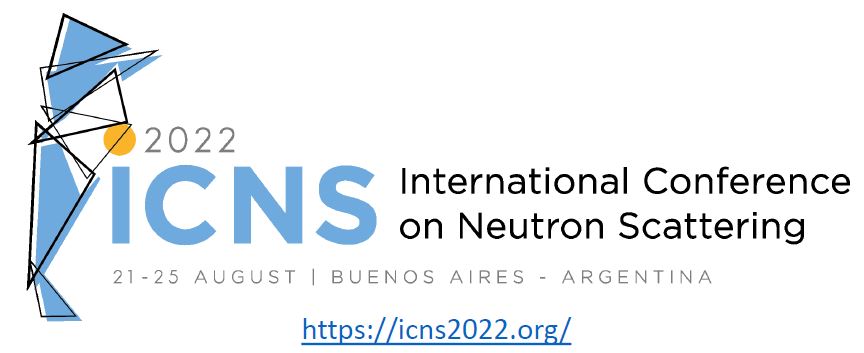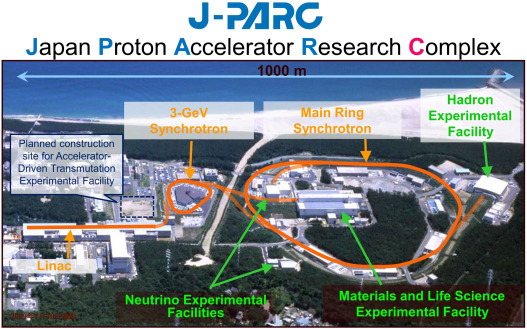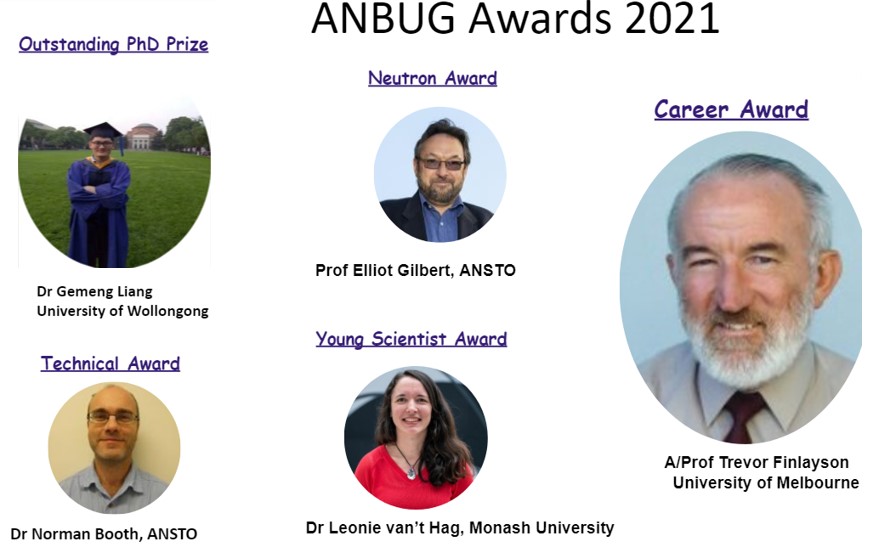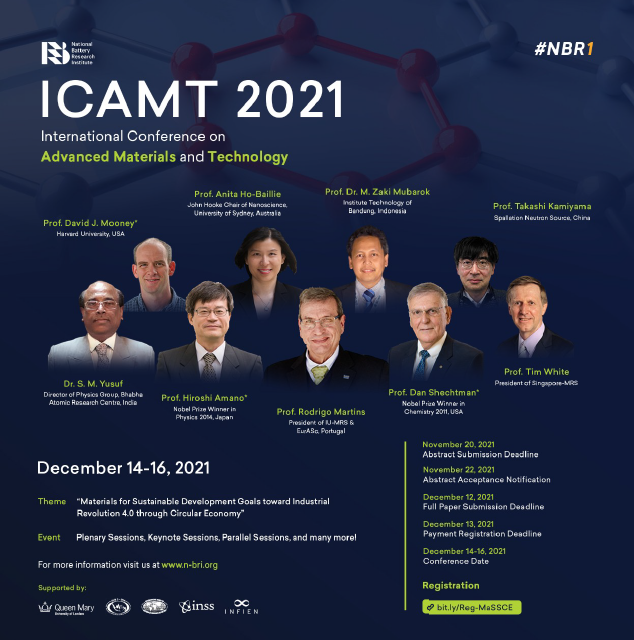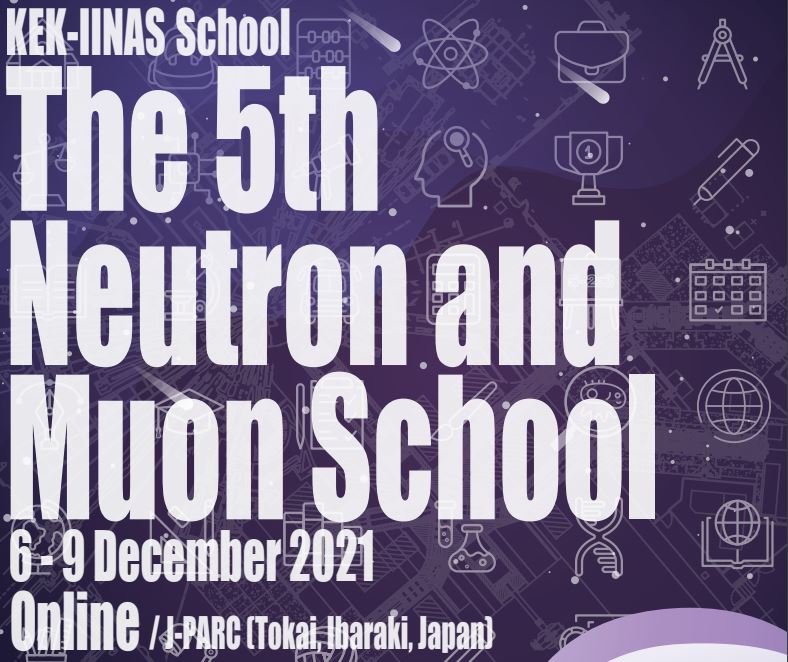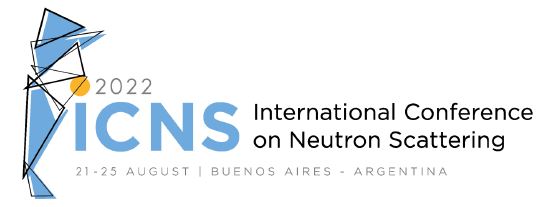At the 2021 ANSTO user meeting, the annual ANBUG award winners were announced. The awards went to:
Career Award – A/Prof Trevor Finlayson, University of Melbourne
For his contributions to new technology and instruments, mentoring. Worked in diffraction and spectroscopy, so across a wide range of instruments. He works in condensed matter physics, shape memory alloys, Sm-Co-based magnets, superconductivity, ferroelectricity, piezoelectricity, stresses in engineering materials
Neutron Award – Prof. Elliot Gilbert, ANSTO
For developing the new research program Neutrons & Food. This is recognised in Australasia & worldwide. Also significant contributions through his leadership role in designing, construction and commissioning of Quokka & Outreach.
Young Scientist – Dr. Leonie van t’Hag, Monash University
Dr van ‘t Hag developed a new neutron scattering method that enabled studying the location and conformation of membrane proteins in lipid self-assembly materials of mixed composition. Recently, this was used to optimize the encapsulation and delivery of antimicrobial and viral peptides.
Technical Award – Dr. Norman Booth, ANSTO
Since starting as a Sample Environment Officer at ACNS (formerly Bragg Institute) in 2011 Norman has had two main goals: develop outstanding equipment and providing outstanding support to the facility users. Both goals have been achieved with innumerable examples. The multipurpose chamber for gas and vapour measurements, the simultaneous optical and neutron measurements, like for example simultaneous SANS/DWS experiments devised with colleagues from Auckland University or the near infrared spectroscopy and powder diffraction for planetology research.
PhD Award – Dr. Geman Liang, Univerisity of Wollongong
Gemeng obtained his PhD degree at the Institute for Superconducting and Electronic Materials (ISEM), University of Wollongong, in May 2021. During PhD study, he successfully developed a series of novel high-voltage spinel cathode materials for the next-generation high-energy-density LIBs, advancing the understanding of both performance and mechanistic behaviour of electrode materials with a clear picture. His PhD thesis combines the powerful neutron powder diffraction technique with other cutting edging characterization methods to establish comprehensive and systematic structure/chemistry/function relationships of spinel materials during battery functioning, and is granted with the award of the Examiners’ Commendation for Outstanding Thesis. Both two reviewers are deeply impressed by the broadness and depth of his PhD research and recommend special commendation.
ANBUG congratulates all of the winners!
